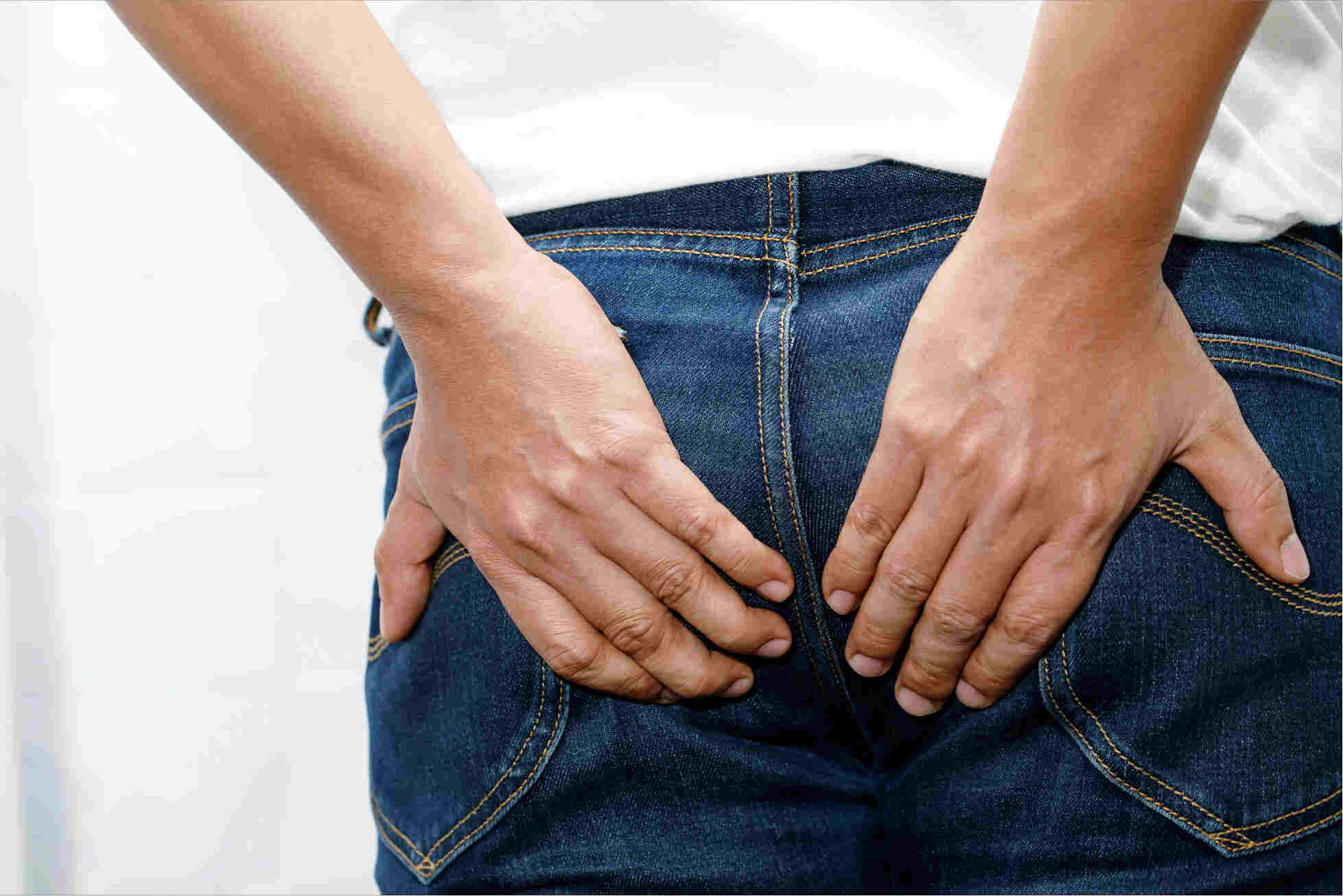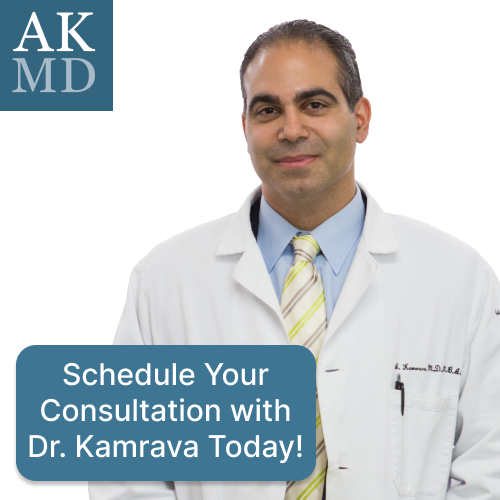How To Avoid And Treat Anal Warts
Have you noticed any moist, soft bumps around or inside of the anus that are flesh-colored or light brown? They might be anal warts. Condyloma acuminate (also known as anal warts) are a side effect of the disease HPV (Human Papilloma Virus) and is the most common STD. They may appear as small spots, often in similar size to a pin, but can grow much bigger, and overtake the entire anal area. Although anal warts are often times painless, the symptoms you experience include bleeding, mucus discharge, and itching, along with a feeling of a lump in the area.
Dr. Allen Kamrava is a Board-certified colorectal surgeon and proctologist who specializes in anal warts and other colorectal diseases can be able to help how you can prevent and also treat anal warts using modern and updated techniques that are being used nowadays.
How to Prevent Anal Warts
Because anal warts originate from HPV, the number one way to avoid contracting anal warts is to avoid sexual interaction with people who have anal warts. The use of a condo The final option for preventing anal warts is to limit yourself to a single sexual partner who does not have HPV.
There is an HPV vaccine that has been FDA approved to protect against 9 different variations of the HPV virus. The vaccine can be administered to women and men aged 9-45, regardless of sexual history. You should discuss the vaccine with your doctor, as it is not recommended for people who are severely or moderately ill, and pregnant women.
Anal Wart Treatment Options
Topical medication is one of the simplest ways to treat anal warts. Topical treatment is a good option when the anal warts are minuscule and are located on the surface of the skin and nearby areas. The majority of common topical creams that are applied directly to the warts are podophyllin, trichloroacetic acid, and bichloroacetic acid. These options for treatment are performed in-office and are done without anesthesia, and only need a few minutes of time for application. The majority of patients are able to go back to work and do other daily activities straight away following the procedure, there might be minor discomfort or burning experience. Common side effects observed are minor skin irritations and burning or painful ulcerations on the skin. If you do develop these side effects, you should immediately contact your physician and cease using the cream.
The best treatment for immediate results is a surgical procedure for anal wart removal. This is done with the use of the local anesthetic Novocain. Burning, surgical excision, or a combination of both, known as fulguration, is a widely used method for the treatment of larger size internal and external warts. The surgical treatment of anal warts is usually done as outpatient surgery, and most people might feel slight discomfort for the few days following surgery and may be prescribed medication for pain. Some patients might be able to return to regular activities and work the next day, while others will be able to return after several days of recovery, this depends on the extent of the disease.
Pain, light bleeding, and discomfort are typical during the recovery period, although it is abnormal to experience excessive bleeding, and should be communicated to your physician immediately. Clear, yellowish, or blood-tinged drainage, accompanied with moisture is to be expected in the days to weeks following your procedure.
Contact our Clinic for Anal Warts Removal
If you are looking for a well-experienced physician for your anal warts, Dr. Kamrava is the best person to contact. He can do an assessment and provide the most appropriate treatment for your anal warts.
Dr. Kamrava has years of experience handling colorectal diseases. He will make sure that you will receive world-class and most advanced treatment. You will be monitored from diagnosis, treatment until the recovery phase.
Please contact us for more information.




